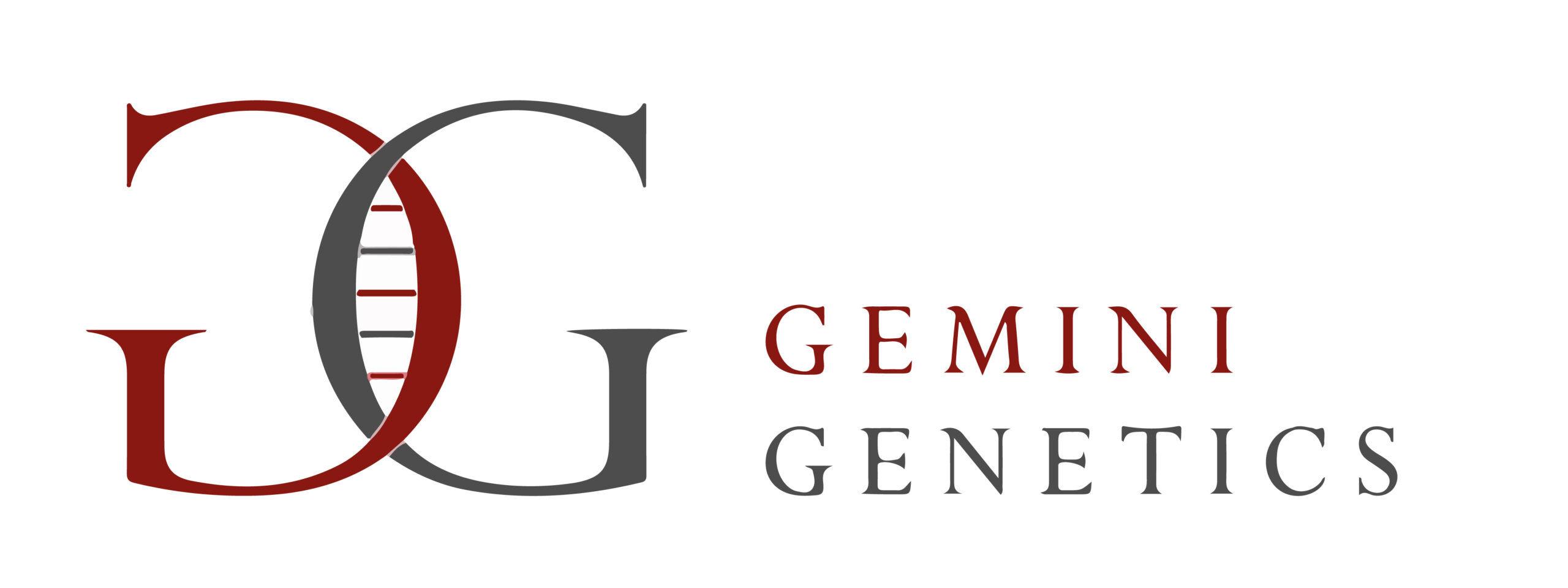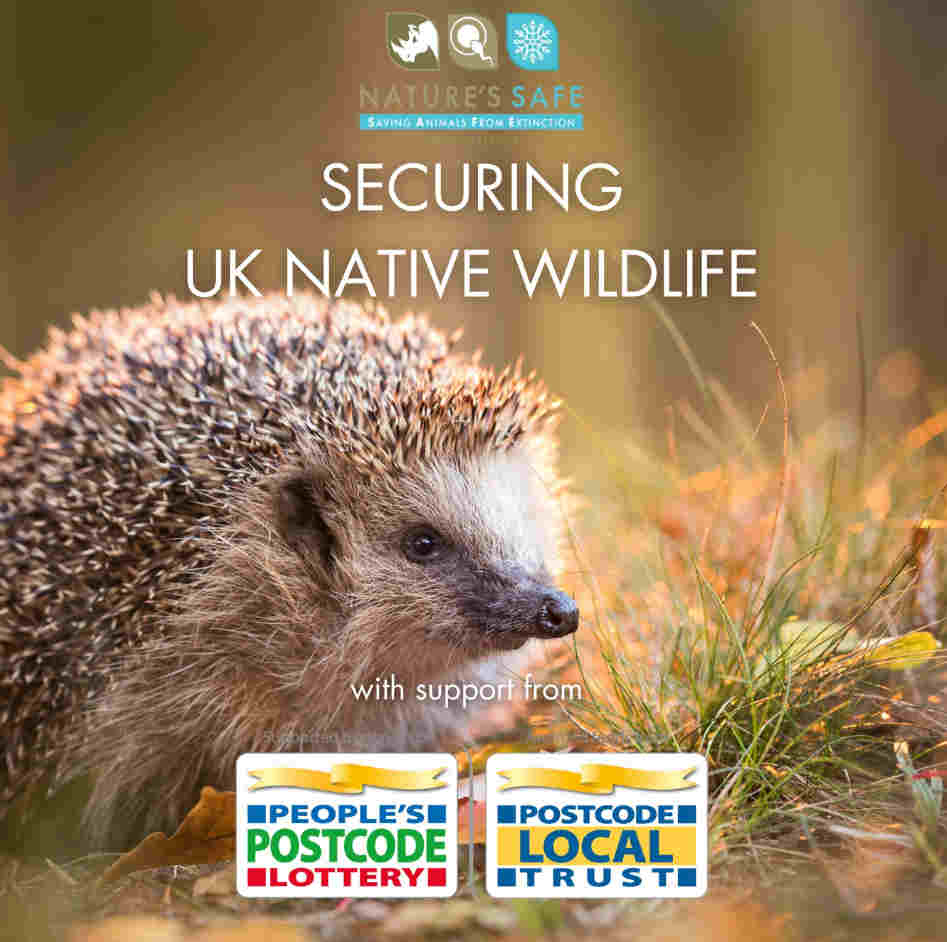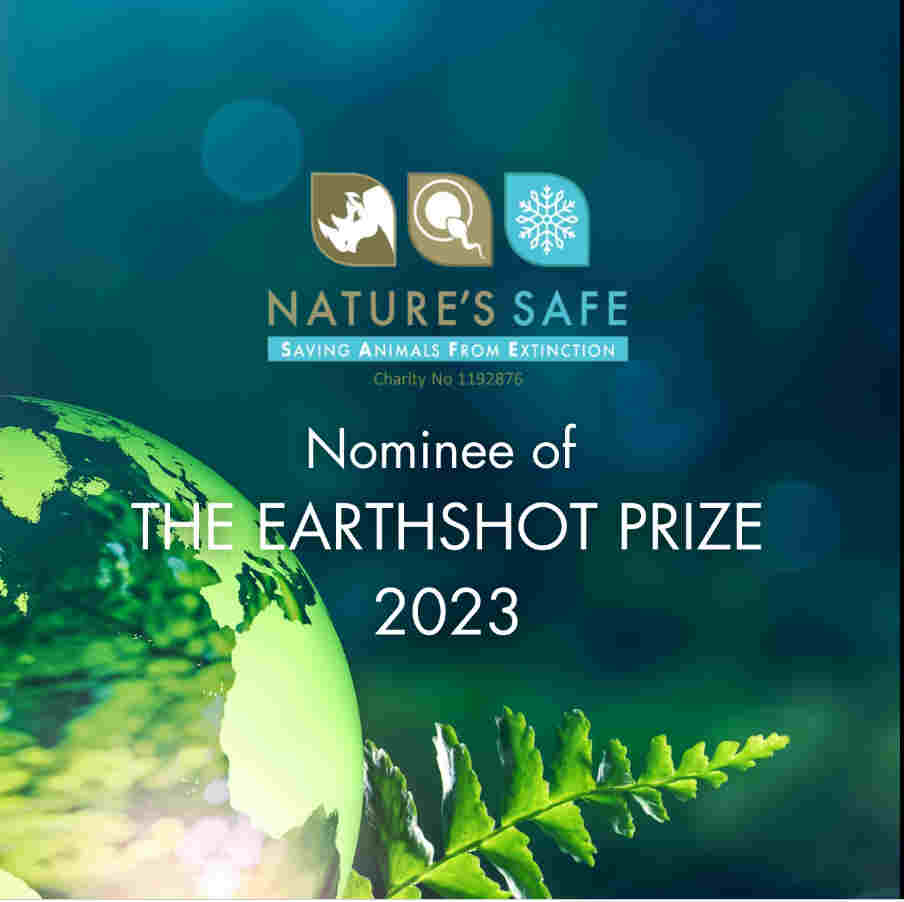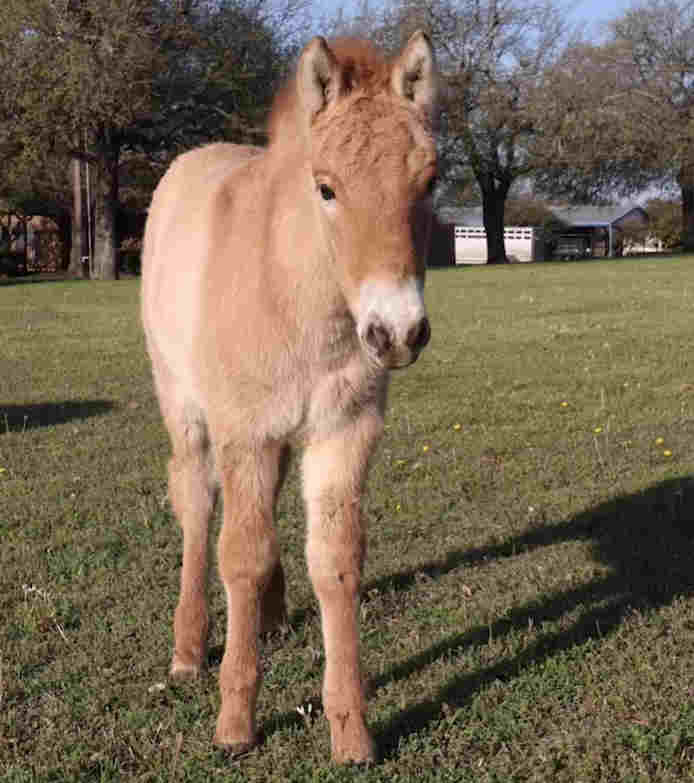UK Native Wildlife Conservation With the awarding of an amazing £16,000 grant provided by the…
Cloning In Conservation
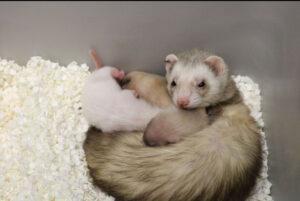
Cloning For Conservation: A New Approach To Wild & Endangered Species Conservation
At Gemini Genetics, we are proud to be associated with ViaGen Pets & Equine who are able to use their expertise in animal cloning, not only to enable the cloning of much loved pets and performance horses, but to also help in the battle against species loss and the recovery of endangered species. ViaGen Pets & Equine work with the world-leading conservation organisation Revive & Restore that endeavours to integrate pioneering biotechnologies in wildlife conservation to preserve genetic diversity amongst populations and promote biodiversity in ecosystems.
In 2023, Revive & Restore, ViaGen Pets & Equine and the San Diego Zoo Wildlife Alliance worked together to clone a Przewalski horse. The Przewalski horse is an endangered species that is now extinct in the wild. Small populations remain in zoos across the globe but many of them are closely genetically related and the genetic diversity of the species is declining. In an effort to restore some genetic diversity to the population, an old cell line derived from a skin sample preserved over 40 years ago was cloned. Two foals were born from this extraordinary conservation effort; Kurt in 2020 and Ollie in 2023. The foals are genetically identical and will be used to breed some much needed genetic variation back into the population’s pool. This project was a milestone in conservation technology as it was the first example of its kind and the first time cloning was successfully used to restore lost genetic diversity to a population.
The black-footed ferret is another crucial example of the emerging importance of cloning in conservation biotechnologies lead by Revive & Restore. These ferrets have been critically endangered for decades and are the subject of an extensive conservation effort lead by the US Fish and Wildlife Service. The project is based on a breeding captive population that is being slowly reintroduced into the wild. However, the initial population has a narrow gene pool as every individual is a descendant of one of only seven individuals.
In 1988, a female called Willa sadly passed away before she was ever bred in captivity. A skin sample from Willa was cryopreserved in the hopes of bringing her genetics in the future. Willa’s first clone, Elizabeth Ann, was born in December 2020 and two more identical twins, Noreen and Antonia, were born in 2023 from the same cell line. In a remarkable milestone for cloning conservation technology, Antonia gave birth to two kits in June 2024, marking the first ever occurrence of a clone of an endangered species producing offspring for conservation recovery efforts. The birth of the two black-footed ferrets, Sibert and Red Cloud establishes Willa and her clones as the 8th founder individual in the captive black-footed ferret population.
At Gemini Genetics, we also work with the Nature’s SAFE charity, that endeavours to create a biobank of hundreds of endangered species, cryopreserving many different sample types from as many species as possible. Biobanking provides a bridge in time to maintain genetic lines that can be used in the future to restore genetic diversity in populations of endangered species.
At Gemini Genetics, we perform genetic cryopreservation and cell culture; the first steps to pet cloning that are time critical. To find out more about our genetic preservation services for cats, dogs and horses, visit our website http://www.geminigenetics.com
For emergency sample taking instructions and information, please consult our Emergency webpage or contact us via phone or email: Tel: 01948 668 057; email: info@geminigenetics.com
For more information on the cloning process performed by our US-based partners, visit http://www.viagenpets.com
